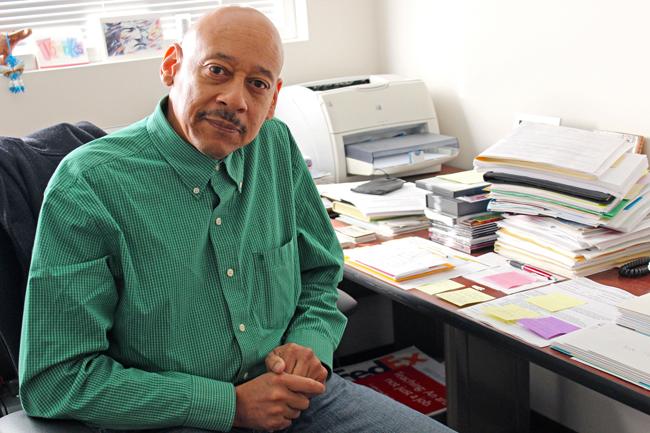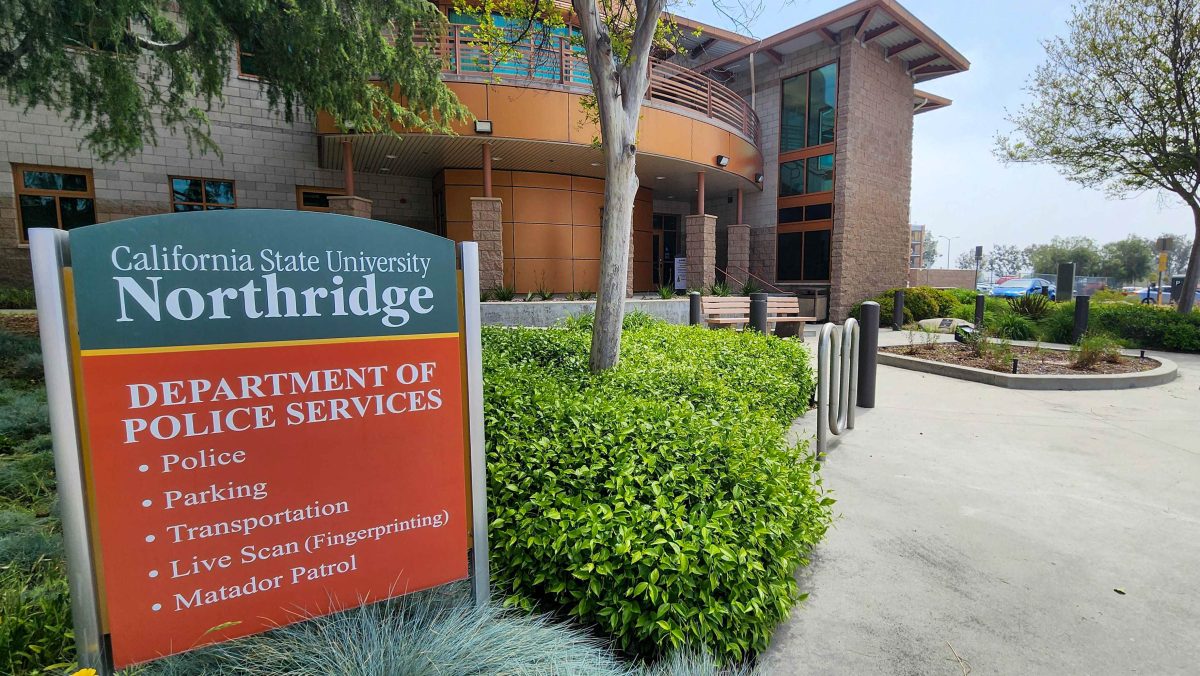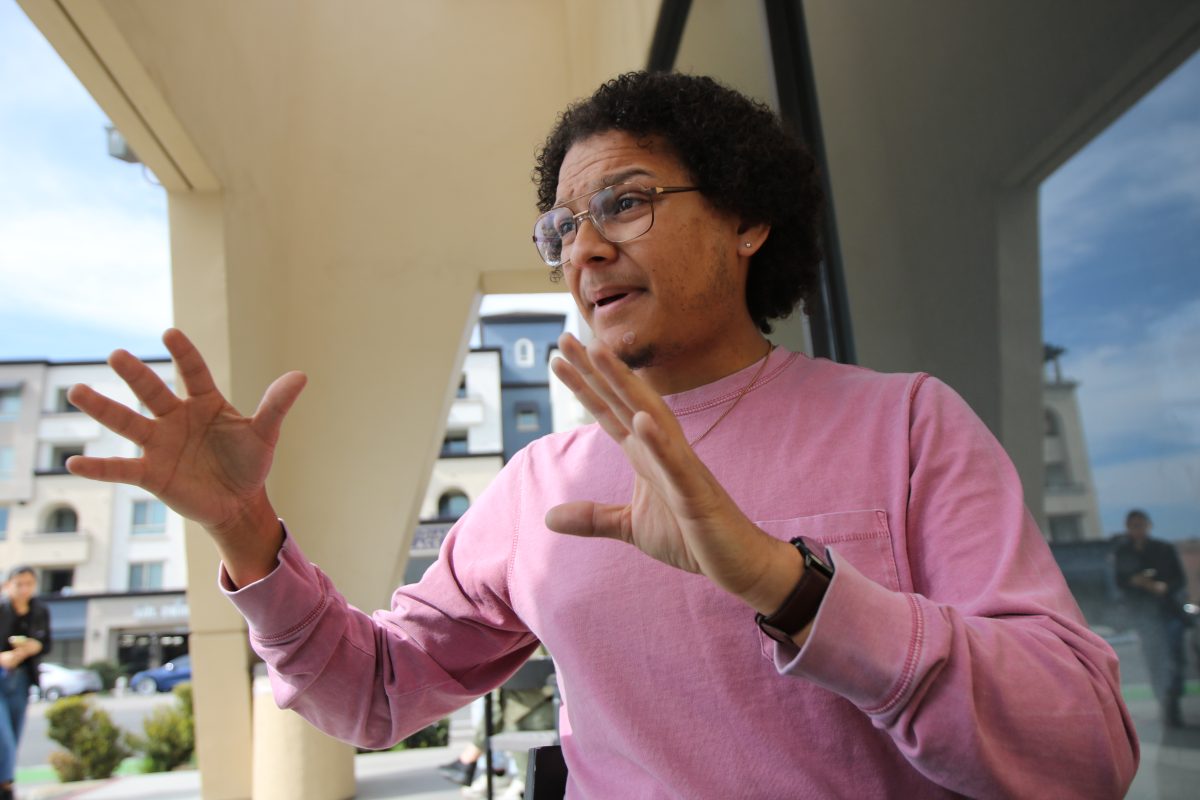
Despite Gov. Jerry Brown failing to meet the CSU system’s budget request for the 2014-15 academic year, the relationship between the California Faculty Association (CFA) and representatives of the CSU remains positive as labor negotiations progress.
Brown announced on Jan. 9 a budget increase of $142.2 million for the CSUs, which is nearly 60 percent less than the $237.6 million increase the CSU system requested on Nov. 6 of last year.
While the decision could have soured negotiations for the CFA, which represents over 20,000 professors, lecturers, librarians, counselors and coaches in the CSU system, CFA Northridge Chapter President Nate Thomas sees the increased funding as a step in the right direction.
“The governor has made an investment in higher education and we’re excited,” Thomas said, a sentiment CSU Chancellor Timothy White also echoed in his State of the CSU address. “We think we need a little more to get the CSU on track, but we’re heading in the right way.”
Faculty members on campus also see the governor’s move as a step in the right direction.
“It is a positive sign,” said Hassan Karim, professor of economics, “but they should increase the budget for the Cal State University system.”
While Thomas, who has served as chapter president for two and a half years and is also a CTVA professor at CSUN, admits there is not going to be any miraculous increase in funding, he has noticed a dramatic shift in the negotiating environment.
“We are excited because the climate at the bargaining table is completely different than what it has been in the past,” Thomas said, referring to contract negotiations held in 2012, which led to the current contract being extended two years after both sides failed to come an agreement and almost resulted in a strike.
“We had to get a strike vote because they were just trying to do takeaways, takeaways, takeaways, takeaways,” Thomas said. “That’s what we dealt with last time. It was always negative. It was disrespectful to faculty.”
One of the major changes in negotiations has been the agreement of both sides on what the issues are.
The CFA, which polls members across the state about the concerns via surveys and road shows as well as holding open forums on each campus, identifies two major issues that need to be addressed.
“The biggest item that everybody straight across the board in the CSU system of all 20,000 faculty that CFA represents (agrees on) is salary and workload,” Thomas said. “We have an agreement across the table that yes, faculty aren’t paid enough and that it is shameful that they haven’t had raises in five to six years.”
Thomas notes that there is also a misconception about faculty salaries.
“We have a lot of professors that are tenure track with Ph.D.s and $100,000 in student loans and are making $60,000 a year,” Thomas said, noting Southern California’s higher cost of living puts further strain on their finances. “Most folks think we’re rich. There are faculty here that have lost a lot. We have faculty on this campus that had to file bankruptcy, faculty on this campus that lost their homes.”
Besides having to sacrifice salary due to furloughs, faculty have also had to deal with salary inversion and compression.
Salary inversion means that newer faculty are paid equal or more than tenured faculty who are ranked above them. Salary compression means that there is little difference in pay between employees, regardless of experience and skill level.
“The problem of salary inversion and compression is a major issue,” said Robert Kent, department chair and professor of Urban Studies and Planning. “It is a corrosive problem and hurts morale.”
Thomas said the CSU agrees that salary inversion is an issue and is one of the major talking points during negotiations.
Complicating the salary woes is the change in composition of the workforce, which has resulted in a greater workload for tenured faculty.
Karim, who is a part-time lecturer, believes the culprit of the problem is the lack of tenured hirings.
“The problem is the demand for labor is declining,” Karim said about the lack of tenured professors.
Thomas notes that, in the past, the CSU system was comprised of 75 percent tenured faculty and 25 percent lecturers. Tenured faculty have more responsibilities including teaching, advising, sitting on university and department committees, community service, contributing to his or her field of study and publishing. Lecturers are part-time employees whose responsibilities are teaching and holding office hours.
“It is now 50-50,” Thomas said. “Fifty percent of the faculty are lecturers which means that 50 percent of us are doing all the work when it used to be 75 percent of us.”
The atmosphere has also improved so much that negotiations are taking place earlier than normal.
“This is the earliest we’ve gone into negotiations that anyone can remember,” Thomas said. “We’re usually not going into them until the last hour or getting pushed back.”
Thomas credits White for contributing to the change in environment.
“We see the chancellor as a new partner and that’s not we saw with the old chancellor,” Thomas said, noting White was also a product of the state’s public education system. “We see him as a partner in the mission of the university in educating the next leaders and the next workforce for California and the country.”
White’s impact has also not been lost on the faculty.
“I’m optimistic,” Kent said. “I think we have a much more positive partner in the chancellor’s office.”
While the CFA remains positive with the direction negotiations are going, Thomas is realistic in knowing they will have to make some concessions in the near future for a contract to be finalized.
“It’s called give and take and it’s called compromise,“ Thomas said. “You’re not going to get 100 percent of what you want, but they’re not going to get 100 percent of what they want.”





